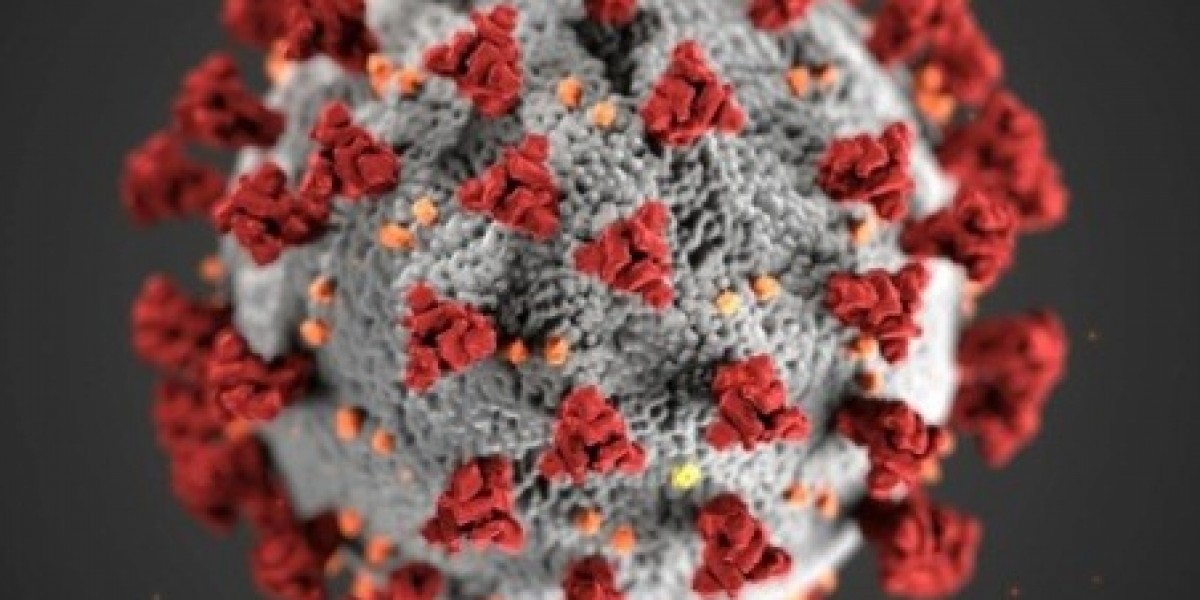White Biotechnology Market Overview
White biotechnology, also known as industrial biotechnology, uses living cells such as yeast, molds, bacteria, and enzymes to create products that require less energy, produce less waste, and are more environmentally friendly than traditional methods. It is a key pillar of the bioeconomy and plays a major role in achieving sustainable industrial production.
? Key Applications
Biofuels – Ethanol, biodiesel, and biogas production from biomass.
Bioplastics & Biopolymers – Renewable, biodegradable alternatives to conventional plastics.
Industrial Enzymes – Used in food & beverage, detergents, textiles, paper & pulp industries.
Biochemicals – Organic acids (like lactic acid), alcohols, and amino acids.
Agriculture & Feed – Development of sustainable animal feed and agricultural inputs.
? Market Drivers
✅ Sustainability Push: Growing demand for eco-friendly and renewable alternatives to petrochemicals.
✅ Government Support: Policies and incentives for green tech and carbon reduction.
✅ Technological Advancements: Synthetic biology and fermentation innovations.
✅ Corporate ESG Goals: Companies adopting sustainable production processes to meet environmental, social, and governance (ESG) targets.
✅ Consumer Demand: Rising preference for bio-based products among environmentally conscious consumers.
⚠️ Challenges
❗ High Initial Investment: Cost of R&D, infrastructure, and scale-up remains high.
❗ Feedstock Supply: Reliable and sustainable biomass supply chains are crucial.
❗ Competition with Petrochemicals: Fossil-fuel-derived alternatives may be cheaper in the short term.
? Key Players
BASF SE
DuPont de Nemours, Inc.
Novozymes A/S
Cargill, Incorporated
DSM
ADM
Genomatica
Clariant
? Future Outlook
? Expansion of biorefineries to convert biomass into a spectrum of bio-based products.
? Increase in carbon-neutral and carbon-negative industrial processes.
? Partnerships between biotech firms and traditional chemical manufacturers.
? Focus on circular economy models and waste-to-resource technologies.









